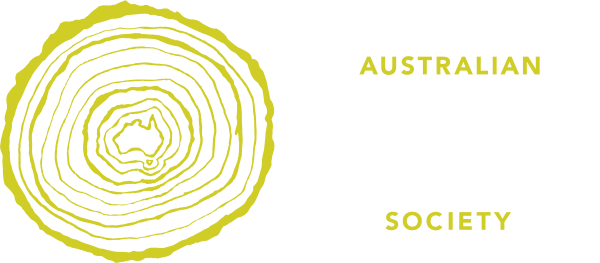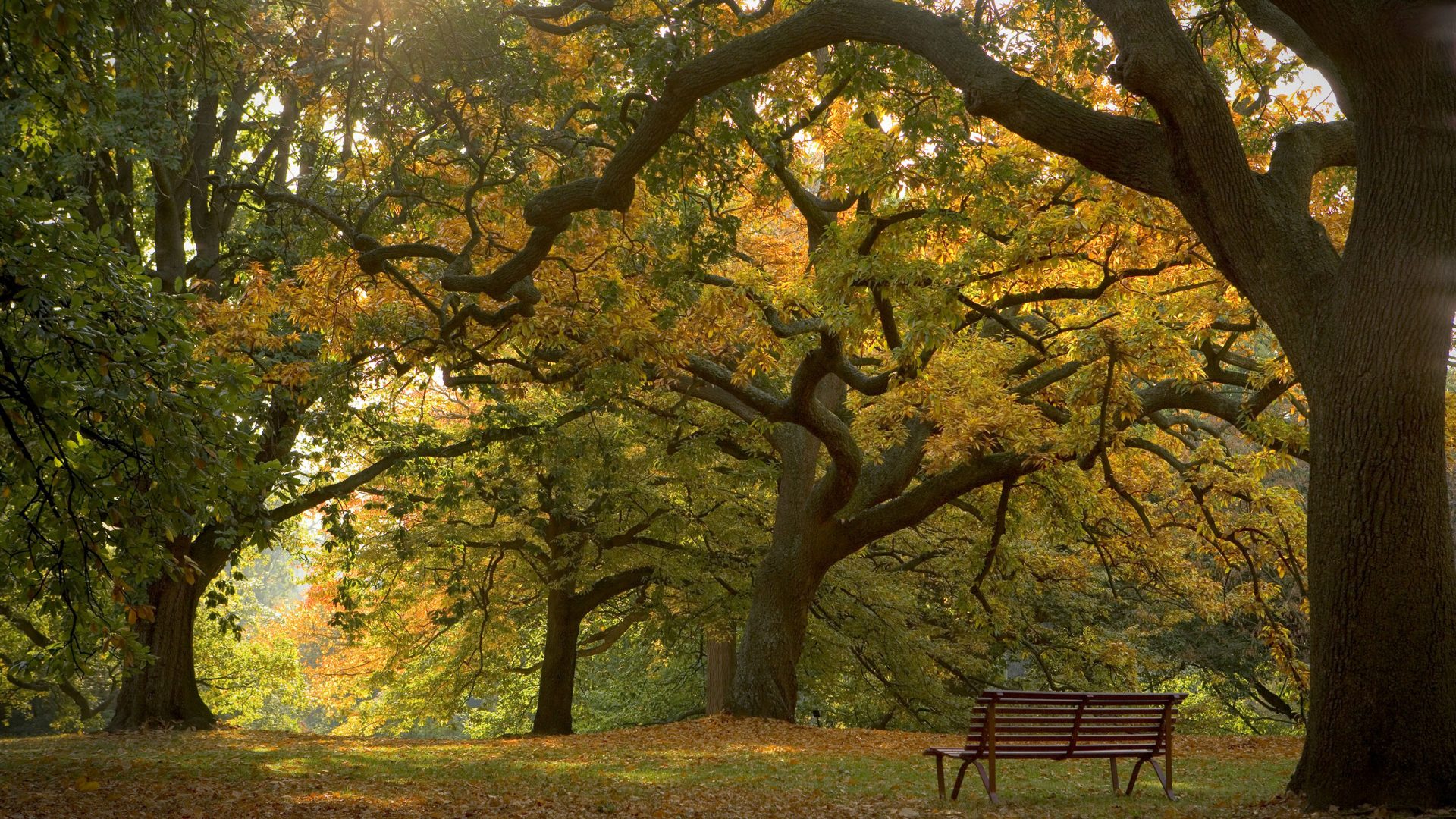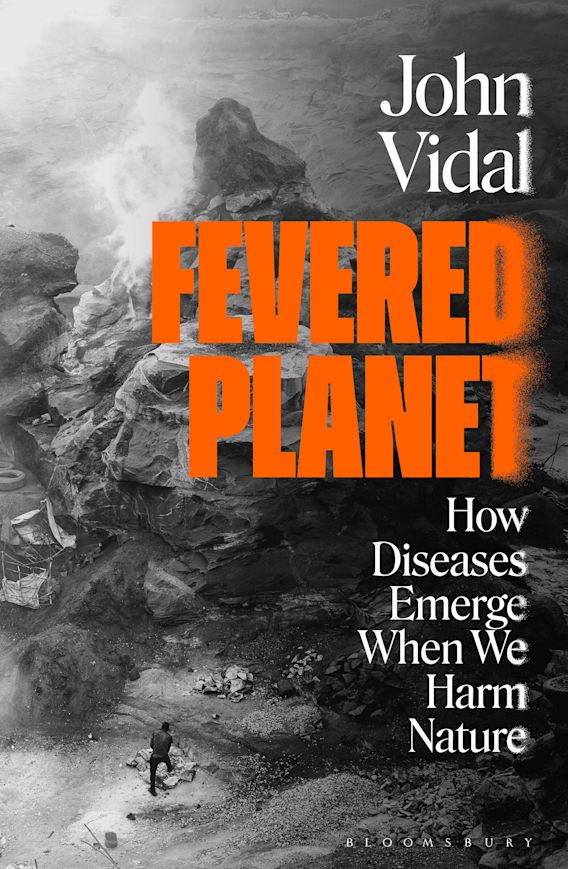Dr Kim Loo, general practitioner, and member of Doctors for the Environment Australia responds to Fevered Planet by John Vidal, Bloomsbury, 2023,
Doctors for the Environment started more than 20 years ago when three doctors sat around a kitchen table and discussed the intersection of health and the environment: human health requires clean air and water, healthy soils, healthy ecosystems, and a stable climate. Our members are GPs, surgeons, physicians, anaesthetists, psychiatrists, paediatricians, public health specialists, academics, medical students and researchers, who bring leadership and expertise from every branch of medicine.
My work as a general practitioner in northwestern Sydney has placed me at the front line of the climate and COVID-19 crisis: heat waves and bush fire smoke; floods, mould and the clean-up that is still on going for some of my patients. COVID-19 was devasting for my patients. This compounding crisis deepens social inequity for those living with food insecurity and energy poverty. The built environment around me is creating ovens and concreting in flood zones rather than offering people safe homes and communities. Through my work in general practice, I see the commercial and environmental determinants of health eroding the physical and mental wellbeing of my patients. And most recently, having failed to listen to Indigenous Australians, the results are deepening gaps.
I brought this experience to my reading of Fevered Planet. Vidal’s book is compelling. He is an exceptional storyteller, who communicates complex problems with empathy and understanding. I now realise I have been seeing only the tip of the iceberg. This book presents the extent of the problems in granular and forensic detail. It also shows them to be ubiquitous. The absence of care for people and place by industries seeking profit above all else is universal; so are colonisation and exploitation of Indigenous peoples and their land.
Vidal, a former Guardian environment editor, brings his journalistic skill to show that most of our world’s pandemics arise from the destruction of nature. He looks at the history of Ebola, Sars, Smallpox, Nipa, COVID, Hendra, and Mers. He argues convincingly that the exploitation of resources creates the conditions for disease to arise, for viruses to leap from animal to human hosts. As a GP looking at infectious disease surveillance, I see the results of a heating climate. Dengue, Ross River Fever, Murray Valley encephalitis are marching southward.
Clearly, experts in agriculture, human and animal health, and ecology need to work together. My hope is that Australia’s barely started Centre for Disease Control will equip us to better deal with public health emergencies and work with international organisations so that the next pandemic is not a surprise, and we are prepared.
Fevered Planet’s 17th chapter is on human health and the need for connection with nature. Numerous studies have shown the healing benefits of trees for psychological distress and cognitive function. Such contact can lead to improved outcome for diabetes, hypertension, and heart disease.
The following is a quote from the book from Raina Plowright:
As we fragment landscapes, we…need to understand that human health is an ecological service. It is a service that nature is providing us, so we need to protect nature ourselves. We are playing a Ponzi scheme with the ecosystem that allows our planet to survive.
Vidal concludes that most of the infectious diseases in the past two decades can be traced to human causes. In my 30 years practising medicine, I see the rise also of non-communicable disease, in parallel with rising inequity. I work in an area where 85 per cent of the adult population have a chronic disease. Many people with three or four chronic disorders live in energy poverty and food insecurity. It is the perfect storm. The health sector will bear the brunt.
Read Vidal’s book. It is enlightening, frightening, essential reading. You can’t turn back once you know the truth.


